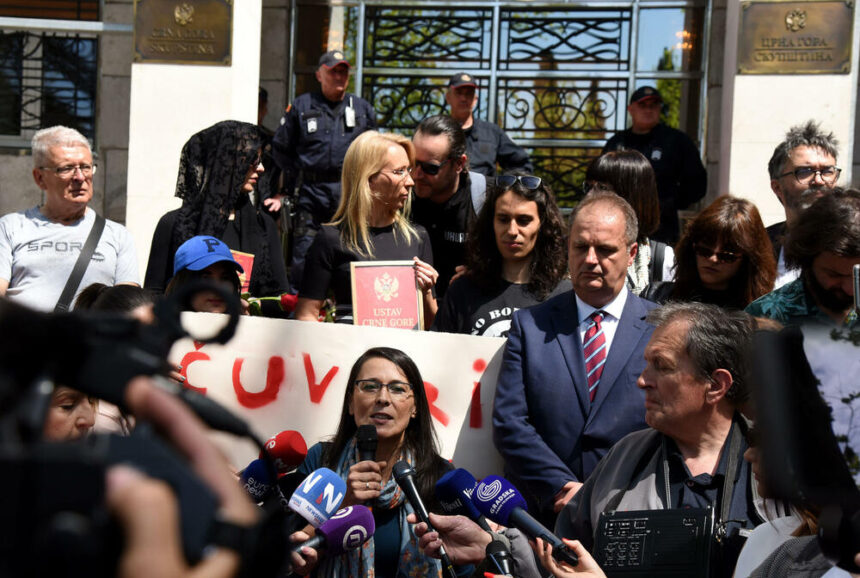The Montenegrin government led by Prime Minister Milojko Spajić is under growing political pressure following a controversial economic agreement signed with the United Arab Emirates (UAE), which has stirred dissent within the ruling coalition and triggered public outcry.
The deal includes a potential €35 billion investment proposal by Emirati businessman Mohamed Alabbar, and controversially proposes leasing Ulcinj’s Velika Plaža (Long Beach) for 99 years to develop a large-scale tourism complex.
Growing Dissent in Parliament and Beyond
Although Spajić’s cabinet remains intact for now, analysts warn that support from coalition partners is beginning to waver, particularly among Albanian minority parties.
“This may not bring down the government today, but it could signal the beginning of its decline,” said civic activist Stefan Đukić, noting that dissatisfaction is spreading even among those who previously supported the economic strategy.
The first of two agreements with the UAE — focusing on broader economic cooperation — was narrowly passed in Parliament. However, the second deal, which would involve tourism and real estate projects, remains in legislative limbo due to mounting criticism over its lack of transparency and institutional oversight.
Corruption Concerns and Legal Violations
Montenegro’s Agency for the Prevention of Corruption (ASK) flagged major concerns regarding the agreement, citing articles that bypass public procurement laws and ignore legal procedures concerning the management of state assets.
In response, NGOs and citizens staged protests outside Parliament, accusing the government of prioritizing foreign interests over national sovereignty.
“This deal opens the door to giving away other public treasures like Buljarica and Jaz,” warned Vanja Ćalović Marković, executive director of the anti-corruption watchdog MANS.
Rift Among Coalition Partners
Internal coalition tension is also rising. Genci Nimanbegu, mayor of Ulcinj and leader of Forca, denounced the project, stating that the local community had not been consulted. “If Spajić is ready to expel us, let him try,” he declared, hinting that Forca may leave the ruling alliance if the project proceeds.
Another source from within the Albanian bloc confirmed discontent: “The Prime Minister has weakened his own position. If this continues, we could see an exodus from the coalition.”
Government Defends the Agreement
The government insists the deal aligns with its economic agenda and campaign promises. Public Works Minister Majda Adžović emphasized that if local authorities in Ulcinj reject the project, the deal will not move forward.
“This investment would bring development and jobs,” she said, adding that all parties involved have the right to express concerns.
Outlook
Despite surviving the immediate vote, Prime Minister Spajić faces intensifying pressure both from within his own ranks and from a mobilized public. As Montenegro advances on its EU integration path, this case could become a test of the government’s commitment to transparency, local governance, and the rule of law.







